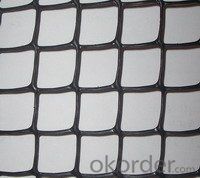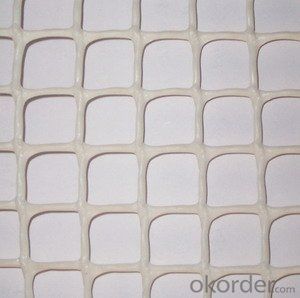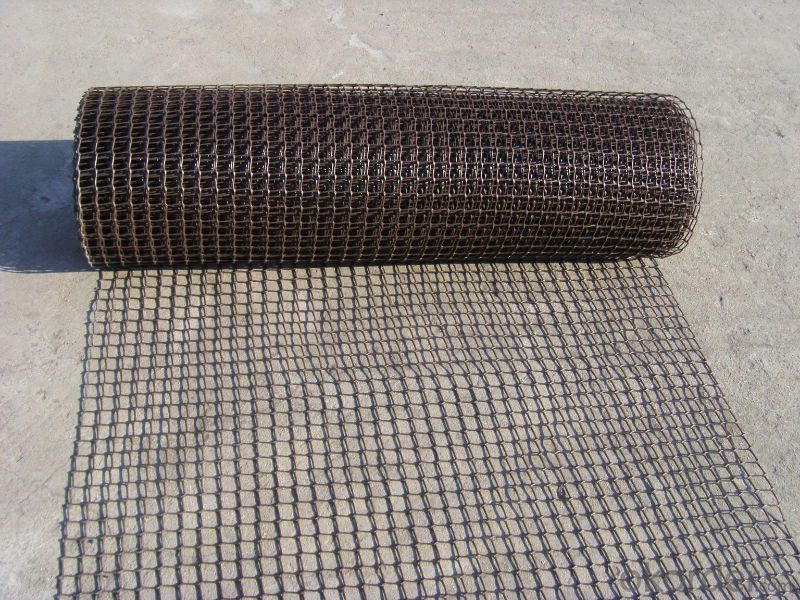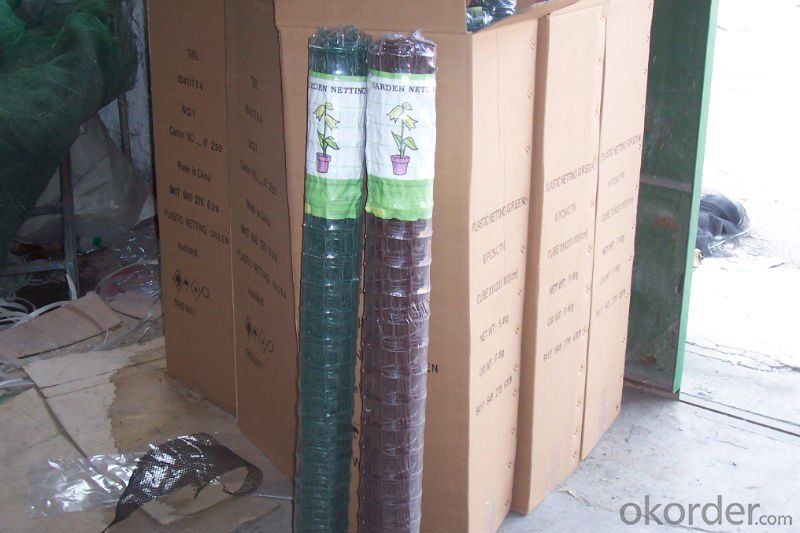Packaging & Delivery
| Packaging Details: | general packing or according to customer's requirement |
|---|---|
| Delivery Detail: | 7 days after receiving 30%T/T |
OKorder Service Pledge
OKorder Financial Service
You Might Also Like
Place of Origin:Shandong, China (Mainland)
color:red,yellow,blue,green....
material:PE
size:0.7X30m 1.0X50m 1.2X30m
weight:200g 300g 320g 400g 450g
mesh size:2X2mm 3X3mm 6X6mm...
| Packaging Details: | general packing or according to customer's requirement |
|---|---|
| Delivery Detail: | 7 days after receiving 30%T/T |
protect young trees from destruction in rural areas and forest
protect trees full growth
increase tree growth rate
Square mesh can protect young trees from animal’s destruction in rural areas and forest, if installed at the time of planting, square mesh can protect them entirely till their full growth and increase their growth rate. Product Specs
| ||||||||||||||||||||||||||||||||||||
| | ||||||||||||||||||||||||||||||||||||
| |







1. Manufacturer Overview |
|
|---|---|
| Location | |
| Year Established | |
| Annual Output Value | |
| Main Markets | |
| Company Certifications | |
2. Manufacturer Certificates |
|
|---|---|
| a) Certification Name | |
| Range | |
| Reference | |
| Validity Period | |
3. Manufacturer Capability |
|
|---|---|
| a)Trade Capacity | |
| Nearest Port | |
| Export Percentage | |
| No.of Employees in Trade Department | |
| Language Spoken: | |
| b)Factory Information | |
| Factory Size: | |
| No. of Production Lines | |
| Contract Manufacturing | |
| Product Price Range | |
Send your message to us
OKorder Service Pledge
OKorder Financial Service
Similar products
New products
Hot products
Related keywords